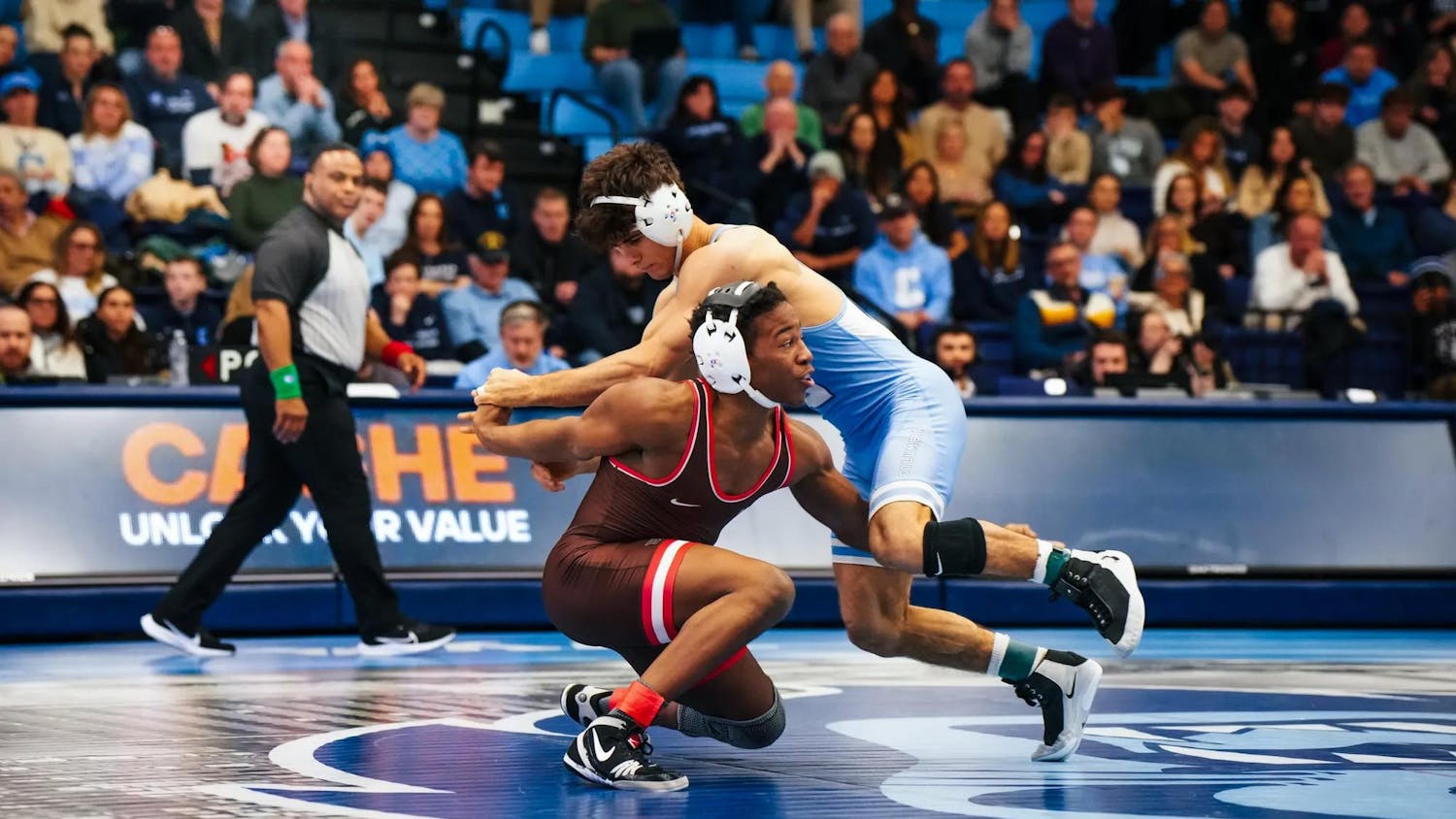It's hard for me to place my finger on exactly when it was that I first became a sports fan. Growing up, I was as uncoordinated and awkward as the study dates I see going on in the Sci Li so often. My time was spent reading the various Goosebumps books and discussing which Pokemon would be the best to beat the Elite Four. I had no reason to love something that celebrated people for their physical abilities that I clearly lacked.
If I were to pick an exact time when I was first excited at the prospect of viewing a sporting event, I would have to settle on the first few Patriots games I watched with my Dad during the 1998-1999 season. When you are a kid and you see something your parents get excited about, it is hard for you to not imitate them. I still remember the look of dismay plastered across Drew Bledsoe's face when we were disgracefully bounced from the playoffs early that year by the Jaguars. Even though my Dad wasn't at all upset by the outcome, I was devastated. Somewhere in that season, I had stopped imitating my father: a 9 year-old boy from the coldest corner of northern Maine had fallen in love with a group of hulking men wrapped in spandex and mesh.
Over the next six years, that same boy would slowly discover the other three professional sports teams Boston had to offer. (MLS doesn't count. It is like a poorly-placed rash. You probably should talk to someone about it, but it's just too embarrassing.) Starting with the Red Sox in 2001 and ending with the Bruins in 2005, the boy completely threw himself into the fanbase of Beantown. He had officially completed his metamorphosis from a sweet, clumsy child to a Boston sports fan.
I've often heard that Boston sports fans have a reputation for being obnoxious, spoiled, obsessed with beating New York and just generally belligerent. I probably could have heard more of what these people had to say, but at that point I tend to start chanting "Yankees Suck" in their face.
Why deny it? I am obnoxious and belligerent when it comes to sports. I would boo Ghandi if he played for the Lakers, especially during his fast breaks. I love going to Celtics games and trying to start the most offensive chants possible. I love defending the Patriots when they run up the score in blowout games. I love being a fatalistic Red Sox fan and complaining about how badly they suck when they are actually one of the ten best teams in baseball.
And yet I am so non-confrontational that when someone blatantly cuts me in line at the Ratty, I convince myself to go get something on the other side so there isn't a vibe of unease. I am so thoroughly emasculated that I don't feel a bit self-conscious knowing that I have read The Sisterhood of the Traveling Pants series and various Nicholas Sparks books. (And yes, ladies. I am still available.) In short, I am the opposite of what I am when I'm in fan-mode.
So why? Why do these groups of people zipping around on wood flooring, a bit of grass or on some ice appeal to me?
What if I told you the appeal wasn't in watching a juicing meat-head club a home-run 500 feet, or seeing a probable sex-offender scramble for five yards? What if it's actually in standing behind a drunken fool who smells like a landfill and high-fiving him because he's wearing the same colors you are? What if it's in a lady two rows down whose voice makes your ears bleed, but you yell along with her because you love the same player? The way I see it, these horrifying people are the reason that we love sports.
Darwinian laws dictate that we must be competitive. Otherwise, we would never have resources or territory and would therefore die out. We are still here, so humans are therefore competitive creatures by nature. Now that competition for food and shelter is less strenuous, we have a leftover need to compete.
I often hear people talk about what the best restaurant is, or who has the best house, or where the most attractive people live. That's all very competitive, but there is no definite measure for that. It's impossible for you to get a clear-cut answer to any of those questions. With sports, you have a winner and a loser. You can argue who should have won, but that final score will always be there with a stony finality. That's it. No gray area.
It's a return to our primal needs. You have your tribe and they have their's. The "us vs. them" competitiveness has been integrated into the more social, modern times. We now gather at these temples of sport to feel like we are part of a fellowship and cheer our champions to victory. At the end of the day, we have competed and, win or lose, we are part of something. It's the family that we hunt with. It's the friends that you go through the thrills of victory and the agony of defeat with. They are your people.
In this time, when hardships are a fraction of what they once were, sport is one of the last activities where you can be part of a competition with others and make a connection going through it all together. It's a way for us to connect with those we consider our own and conquer those we don't.
The other option is that we just like watching people hit each other. It's definitely one of those two, though.
Sam Sheehan ‘12 was completely serious about the Nicholas Sparks books.




